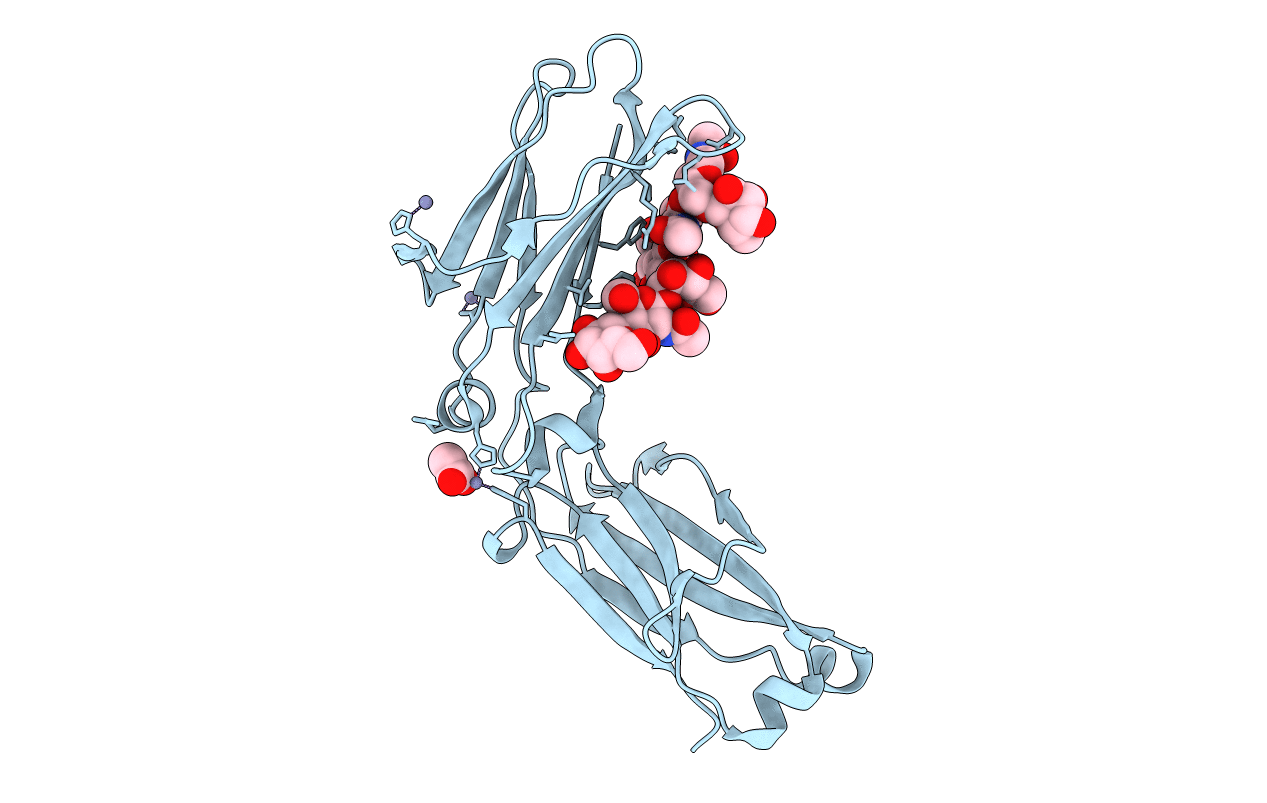
Deposition Date
2017-04-12
Release Date
2017-05-03
Last Version Date
2024-10-23
Entry Detail
PDB ID:
5VH5
Keywords:
Title:
Crystal Structure of Fc fragment of anti-TNFa antibody infliximab
Biological Source:
Source Organism(s):
Mus musculus, Homo sapiens (Taxon ID: 10090, 9606)
Expression System(s):
Method Details:
Experimental Method:
Resolution:
1.75 Å
R-Value Free:
0.22
R-Value Work:
0.19
R-Value Observed:
0.19
Space Group:
C 2 2 21


